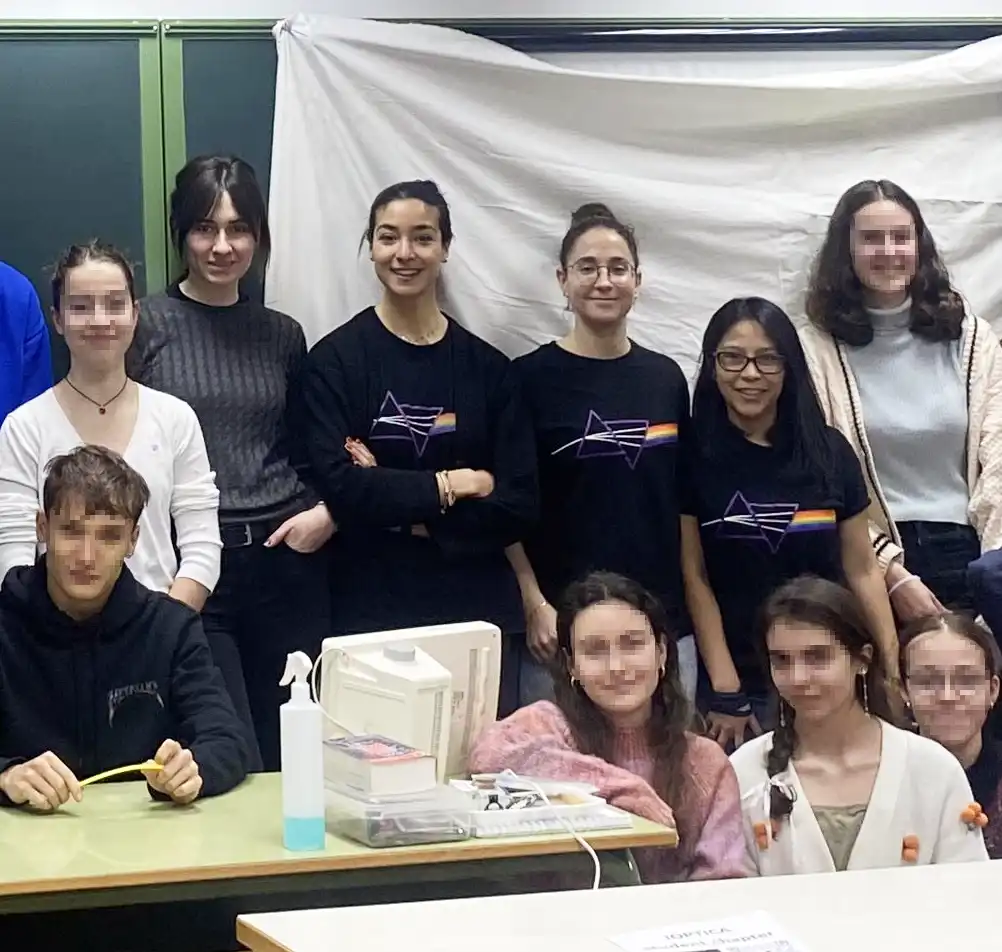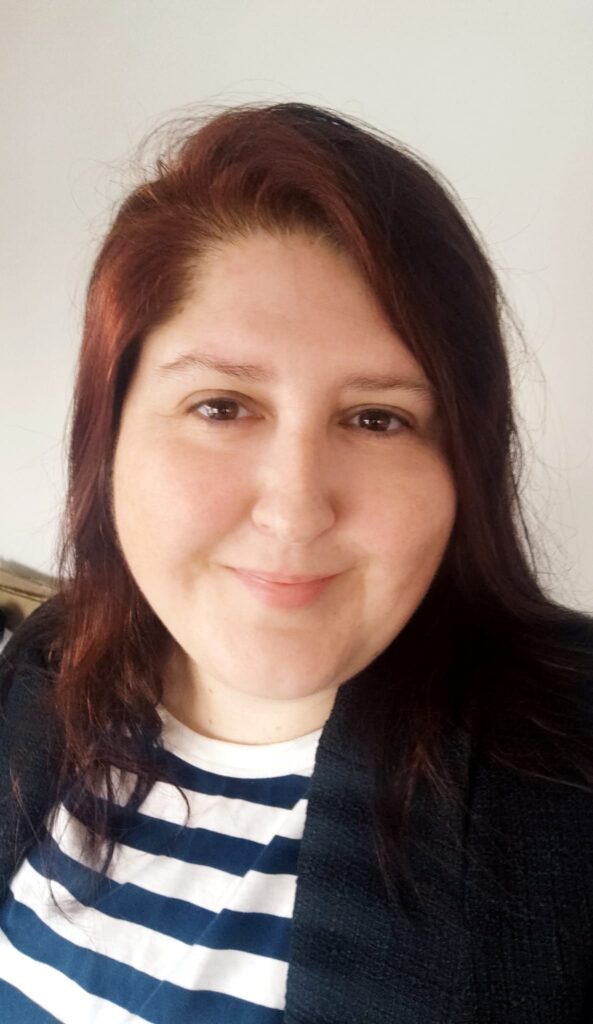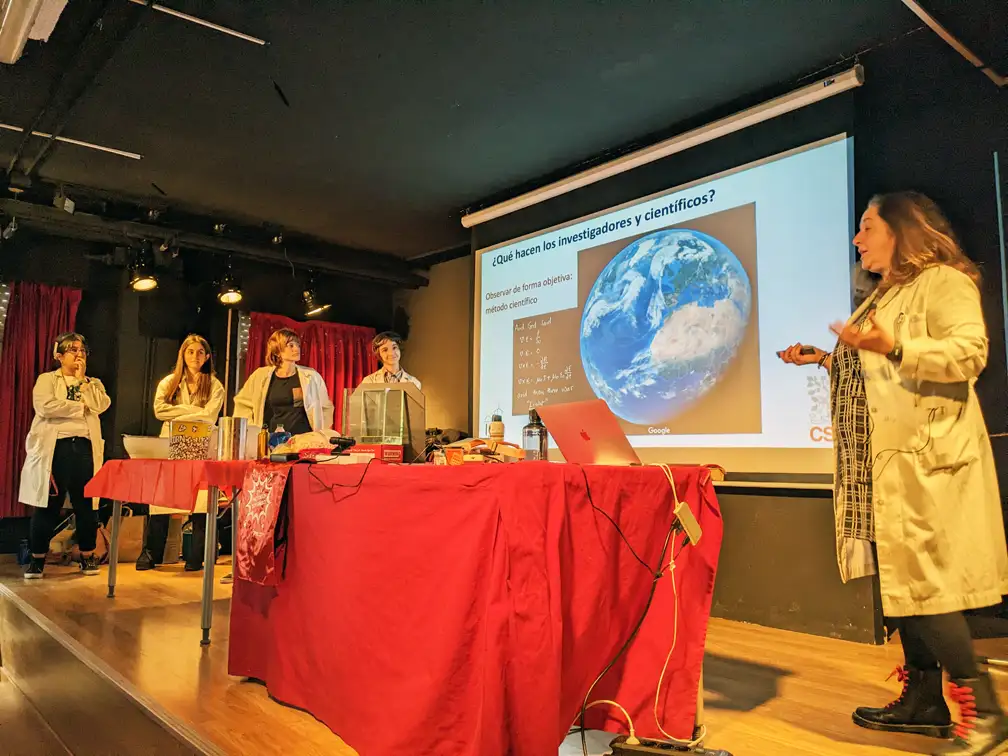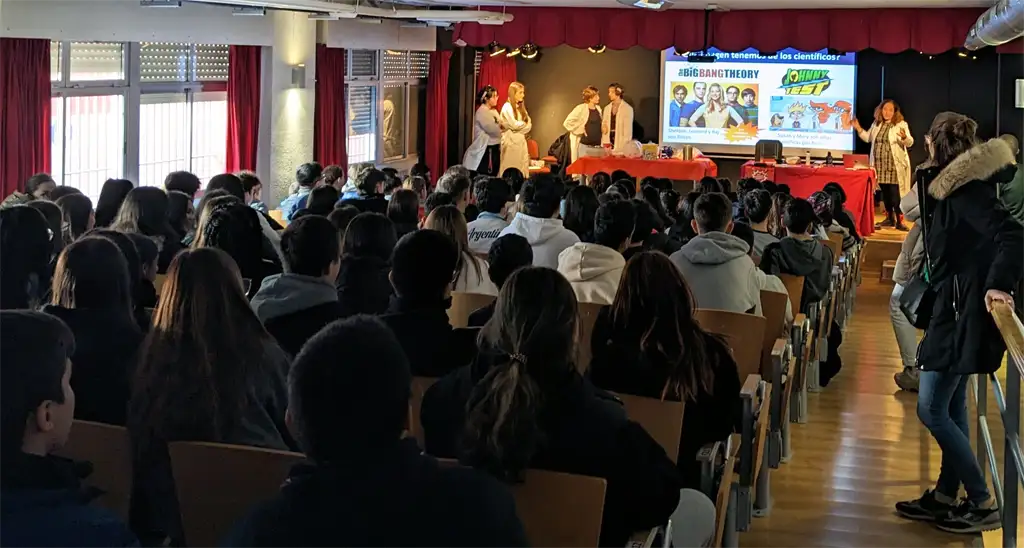The Institute of Optics on the International Day of Women and Girls in Science 11F
Latest news

IOSA is the OSA-EPS student section at the Instituto de Óptica made up of young researchers, pre- and post-doctoral students, actively involved in broadening our knowledge of Optics, as well as spreading the Science of Optics oriented to the general public.


For them they did experiments with light and gave the talk “We are researchers.”


In recent decades, the international community has made a great effort to inspire and promote the participation of women and girls in science. However, women continue to find obstacles to function in the field of science.
Did you know…?
Women tend to receive more modest research grants than their male colleagues and, although they represent 33.3% of all researchers, only 12% of members of national scientific academies are women.
In cutting-edge fields like artificial intelligence, where only one in five professionals (22%) is a woman.
Despite skills shortages in most technology fields driving the Fourth Industrial Revolution, women still make up just 28% of engineering graduates and 40% of computer science graduates
Female researchers tend to have shorter careers and lower pay. Their work is underrepresented in high-profile magazines and they are often overlooked for promotions.
Related news
II PhDay Campus Serrano on June 5
Madrid / May 21, 2024Are you doing a PhD at IEM, IFF, IO, IQF, ICTP or IQM? This is a great opportunity to learn about different professional...
On Thursday, May 23, scientific coffee with Irene Solana
This month's talk corresponds from to the Laser Processing group. < !-- [et_pb_line_break_holder] --> It is titled "Tuning the optoplasmonic...
Recognition from the Spanish Engineering Institute to D. Antonio Corróns
Madrid / May 17, 2024The Metrology Committee of the Spanish Engineering Institute (IIE) has awarded the recognition of Merit in Metrology 2024 to...





